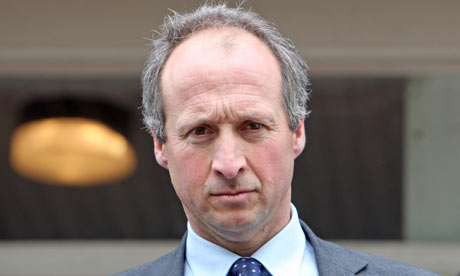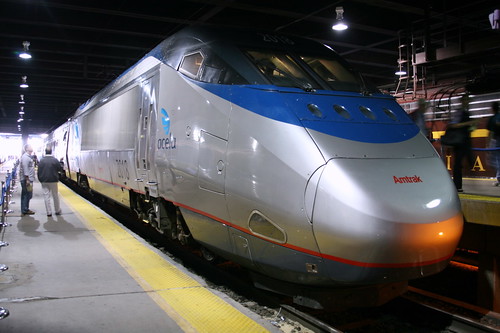Transport for London moves ahead with testing of Intelligent Speed Adaptation Technology
(Source: Green Car Congress)
Transport for London (TfL) will begin a six-month trial ofIntelligent Speed Adaptation (ISA) technology which aims to reduce road casualties and help drivers avoid speeding penalties. As part of the trial, which will start this summer, a London bus will be fitted with ISA. The trial will monitor driver behavior, journey times and the effect that driving within the speed limit has on vehicle emissions. ISA uses the digital speed limit map of London which TfL launched on 29 January 2009. This is the first time all of London’s speed limits have been mapped accurately with regular updates.
This innovative technology could help any driver in London avoid the unnecessary penalties of creeping over the speed limit, and at the same time will save lives. We know the technology works, and now we want to know how drivers in all types of vehicles respond to it. ISA is intended as a road safety device, but if Londoners embrace this technology we may well see additional benefits including reduced congestion as a result of collisions and reduced vehicle emissions as drivers adopt a smoother driving style.
—Chris Lines, Head of TfL’s London Road Safety Unit
The UK government’s Commission for Integrated Transport (CfIT) and the Motorists’ Forum (MF) recently issued a joint report evaluating the impact of implementing an Intelligent Speed Adaptation (ISA) system across the entire road network on reducing deaths and injuries on the UK roads and on reducing fuel consumption and emissions of CO2 and criteria pollutants. Of the two proposed benefits of ISA—GHG emissions reduction and increased road safety—the report concluded that the calculated social benefits of the accident savings far outweigh the values of fuel or CO2 saved.
The intelligent technology, which works in conjunction with a GPS, enables drivers to select an option where acceleration is stopped automatically at the speed limit specific to any road in London within the M25 area. The unit can be disabled at the touch of a button, at which point it reverts to an advisory status where the current, legal speed limit is simply displayed as a driver aid. There is also a complete over-ride switch with disables the system entirely.
The practical uses of the technology will be tested in the six month trial after which a report will be submitted to the Mayor of London, and the technology will be made available to external organizations.







